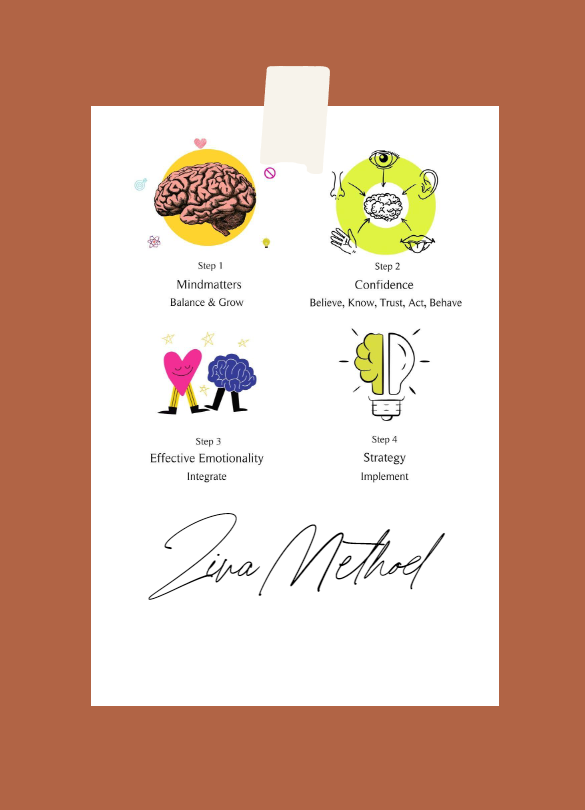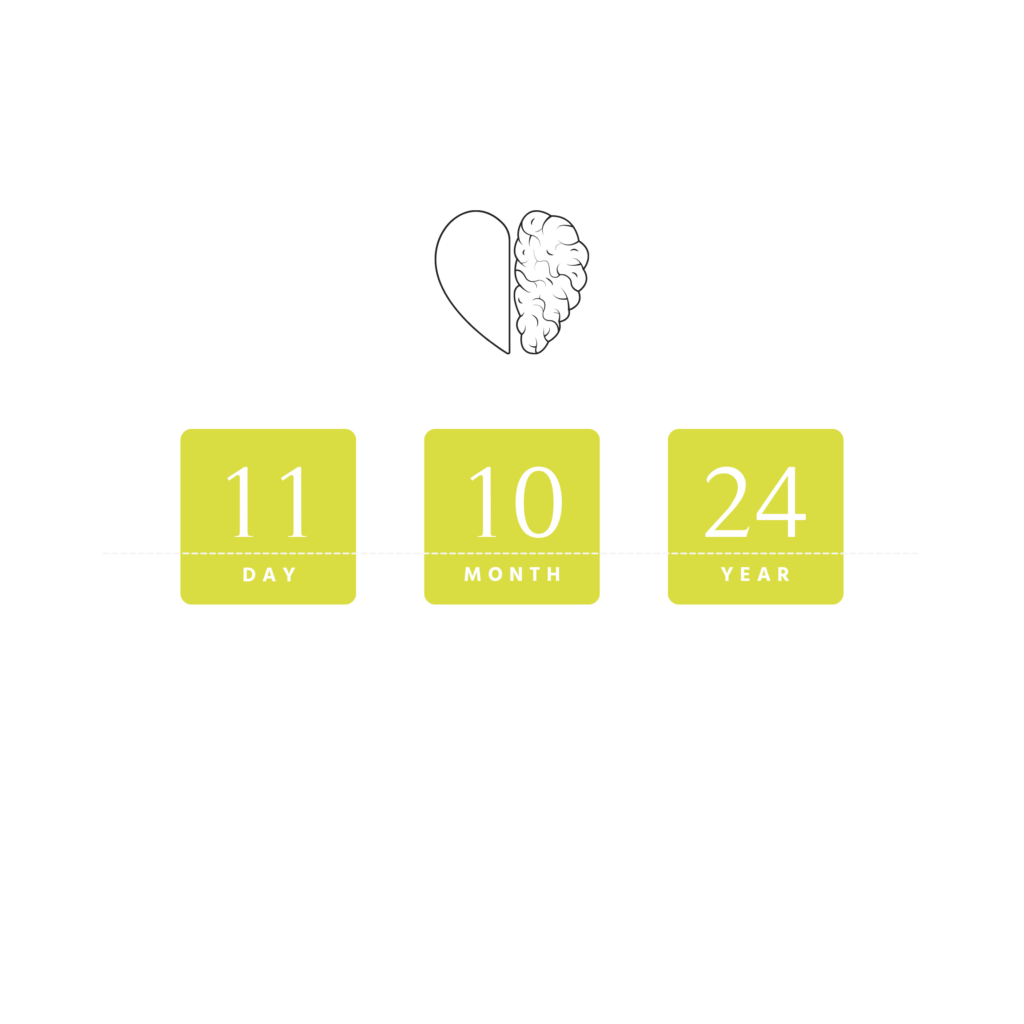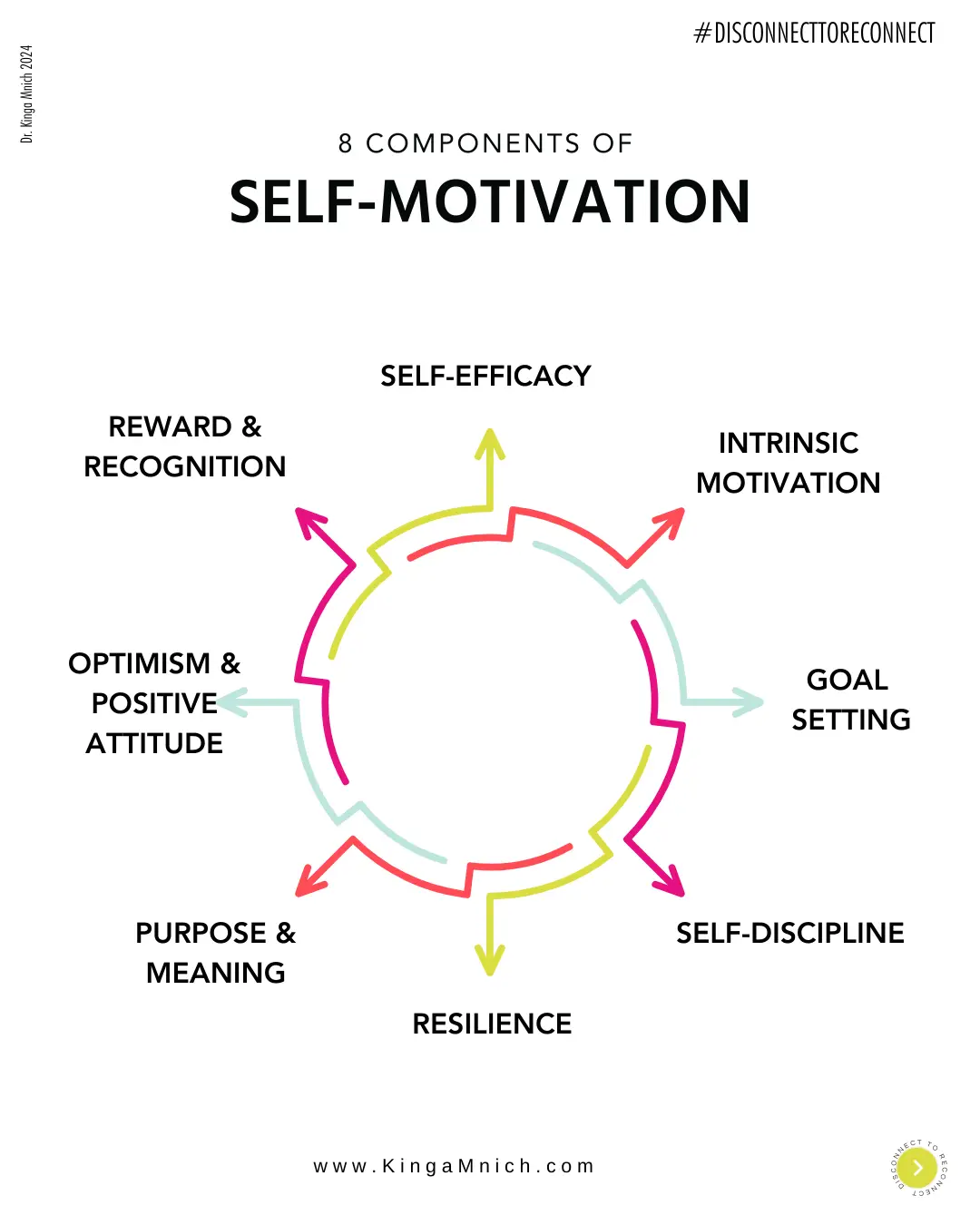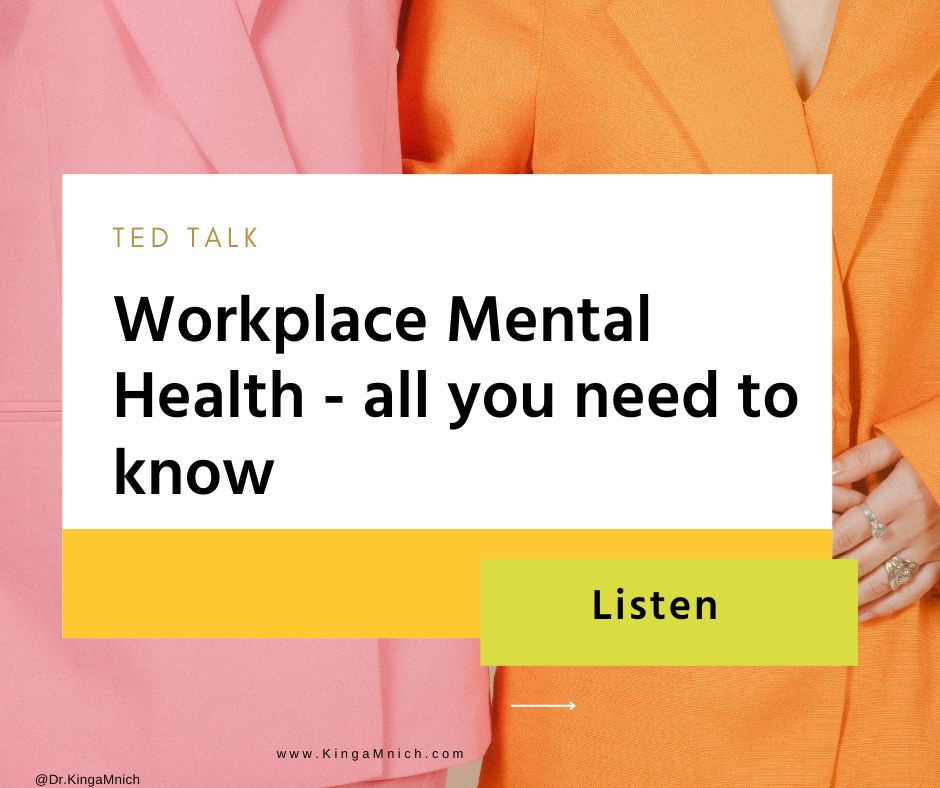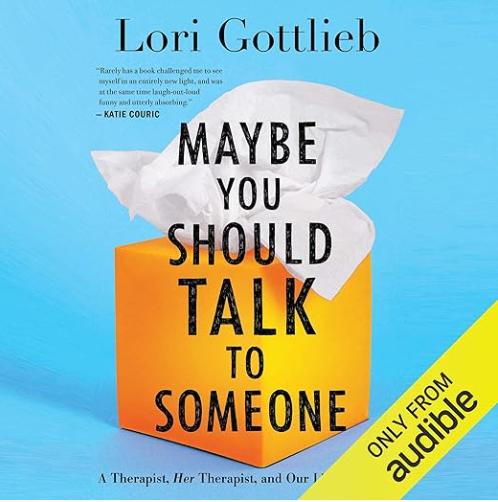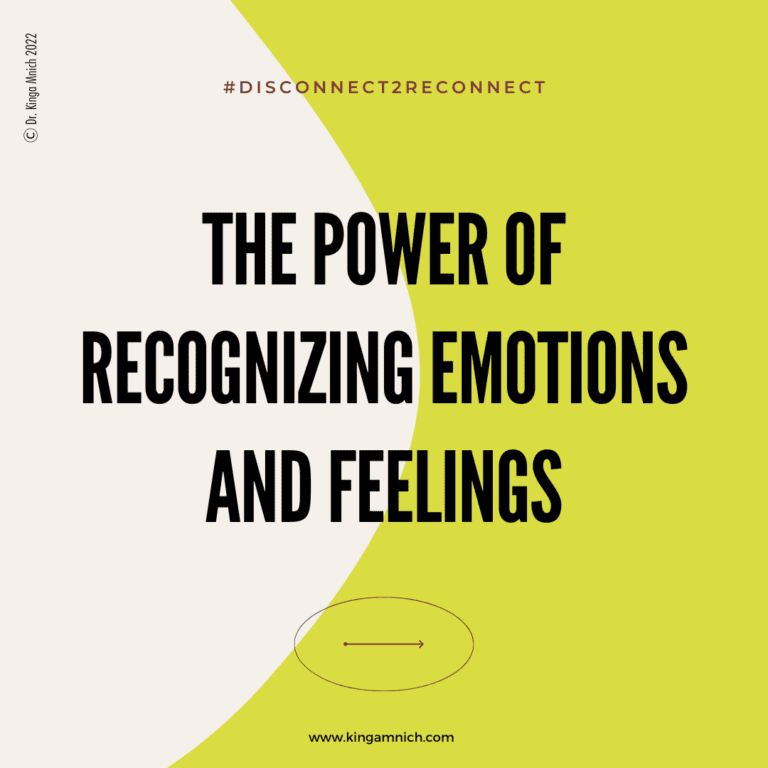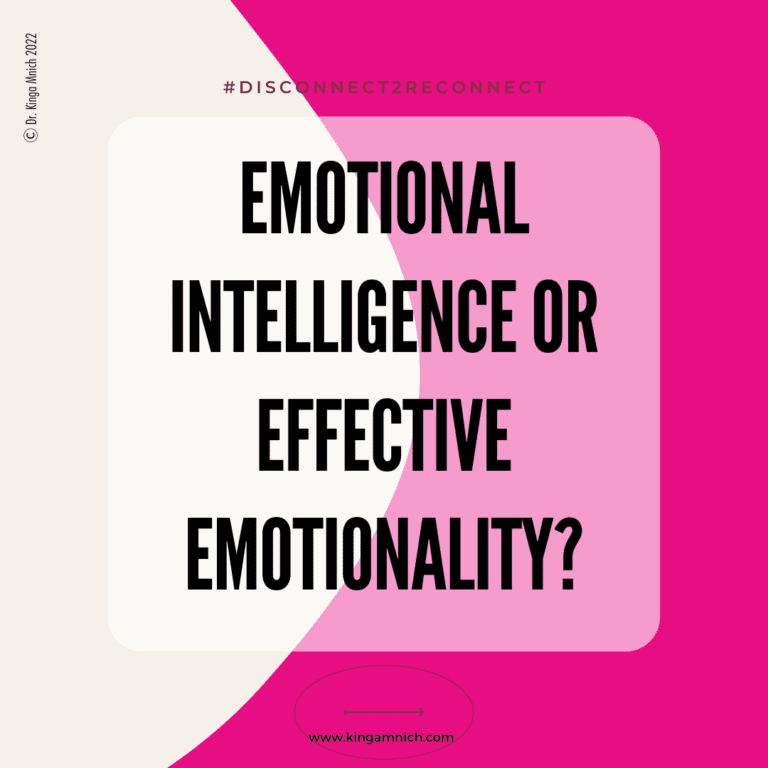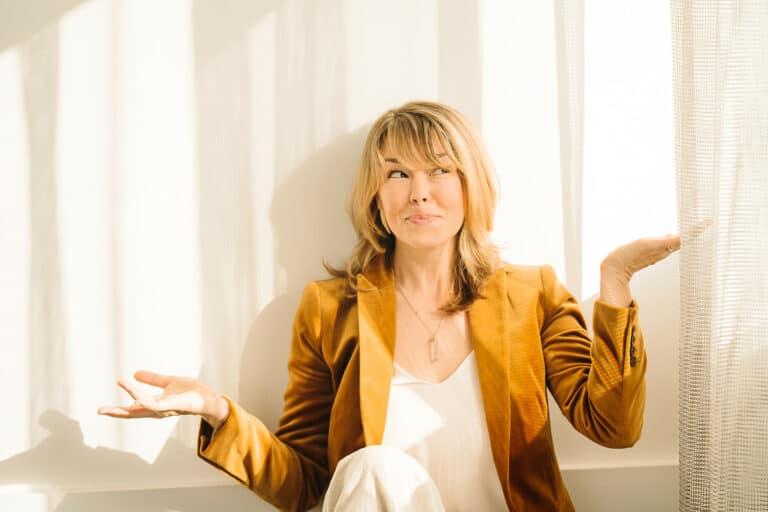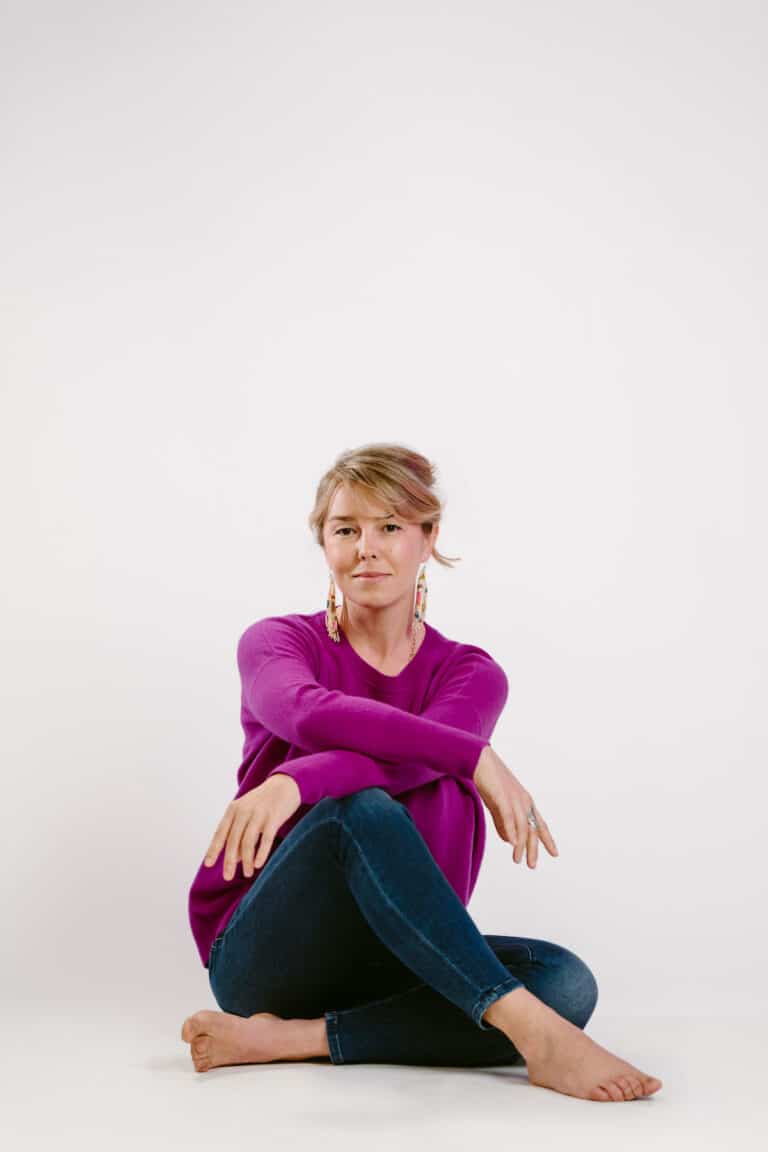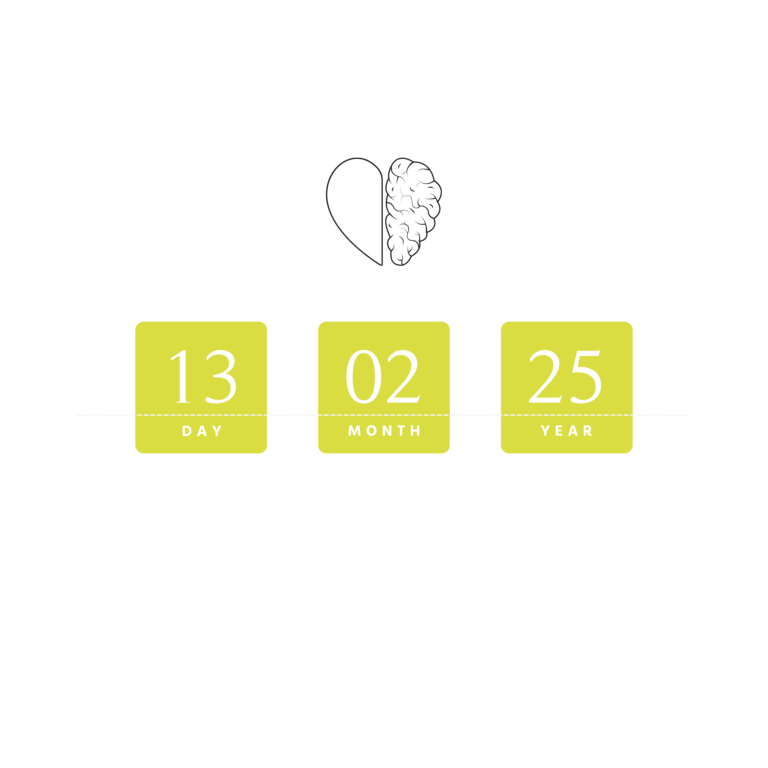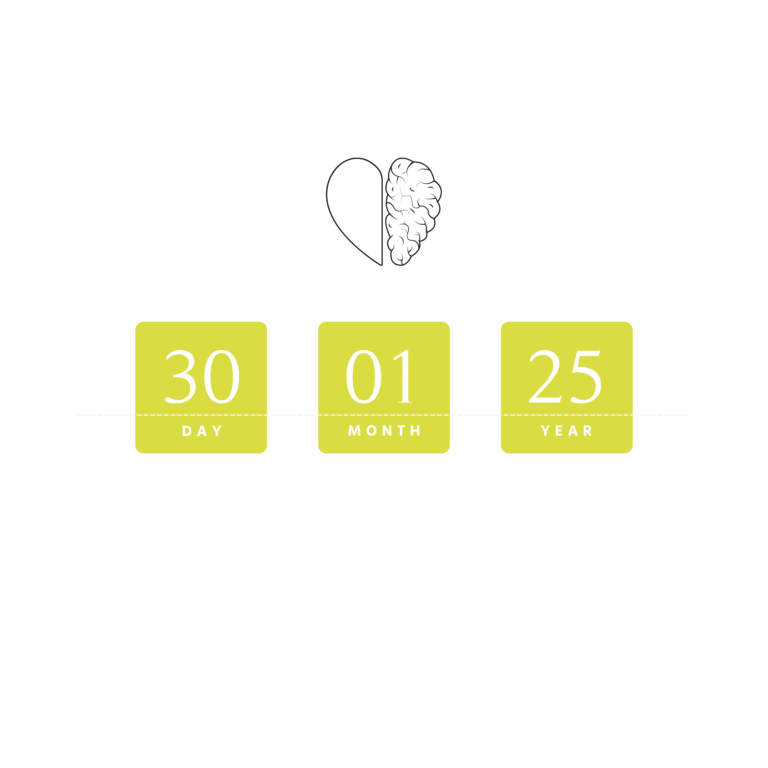The Mental Health Secret of High Achievers
- The Importance of Mental Health for High Achievers
- 2 Exercises
- 3 Self-Development Recommendations
Practical Self-Development Tools
- Find a quiet space where you won’t be disturbed. Sit or lie down comfortably. (Yes, you are reading this again. Creating space and time is essential for your ability to take a step on the self-development journey.).
- Close your eyes and take a few deep breaths. Focus on your inhalation and exhalation. Bring your awareness to your chest and ribcage. Feel your intercostal muscles moving. Let your body fully relax.
- Scan your body from head to toe. Start with your head and slowly move downward, paying attention to any areas of tension, discomfort, or tightness. Don’t try to change anything—just notice.
- Ask yourself: “What is my body trying to tell me right now?” Sit with the question and notice any feelings, thoughts, or sensations that come up.
- Reflect on your recent actions: Have you been overworking, ignoring signs of burnout, or feeling unmotivated? Write down any thoughts or emotions that arise.
- Make a small adjustment: Based on what your body is telling you, choose one small action to adjust your routine or rest. For example, if you feel tired, schedule a break or reduce your workload for the next day.
This exercise trains you to listen to your body’s signals and make adjustments before you reach burnout. It is simple and can be done anywhere.
- Sit in a comfortable position, close your eyes, and take deep breaths. Let your body relax.
- Visualize a situation where you typically feel drained or overwhelmed (e.g., working late, attending too many meetings, or saying “yes” to too many requests).
- Imagine a bubble of energy around you. This bubble represents your personal space, time, and energy. It’s strong but flexible.
- See yourself setting a boundary: In your mind, visualize yourself kindly but firmly saying “no” to a request that overextends you. Notice how this feels. Does your bubble of energy grow stronger or weaker when you say “no”?
- Repeat with other scenarios: Think of other moments when you tend to overcommit. Visualize yourself protecting your bubble by saying “no” or taking time for self-care.
- Write down the boundaries you need to set: After your visualization, jot down at least one specific boundary you will implement this week.
This exercise reinforces the idea that saying “no” strengthens your capacity to thrive and achieve your goals without burning out.
3. Additional Resources:
01
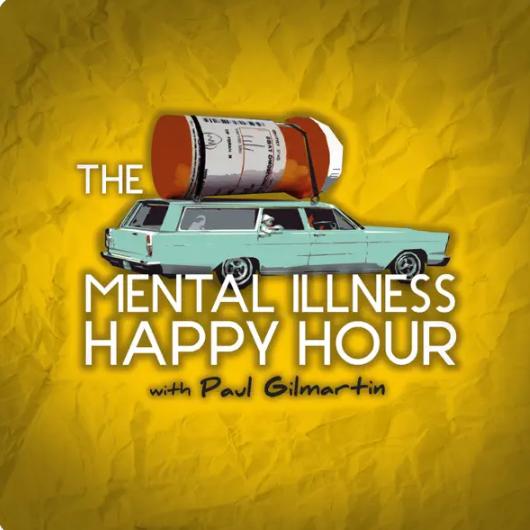
Podcast Suggestion
why listen?
Comedian Paul Gilmartin hosts a weekly podcast featuring interviews with artists, friends and experts, focusing on mental health issues like depression and addiction, particularly in the creative arts. His goal is to provide a supportive space for listeners to connect, share, and find hope, while emphasizing the importance of reaching out for help when needed.
Bi-Weekly Book Recommendation
Bi-weekly book recommendation
Maybe You Should Talk To Someone: A therapist, HER Therapist, and our lives revealed
I hope you find this newsletter helpful. Please let me know what topics you would like to learn more about by simply responding to this email.
Thanks for your support!

I just have to say—
No matter how you got here, thank you so much for sticking around and joining the journey. I hope very much to see more of you in the next months and years.
